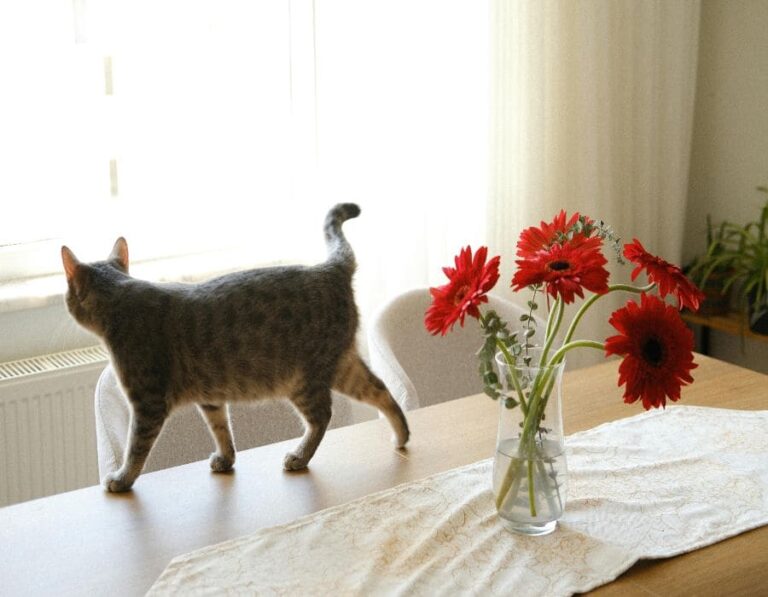8 Types of People Who Should Not Own A Cat
Cats are independent, intelligent, and affectionate creatures that can make wonderful companions for the right person. However, owning a cat is not for everyone. While cats are relatively low-maintenance pets, they still require time, attention, and care. Certain lifestyles, personality traits, or situations may make owning a cat challenging or even unfair to the animal. Here’s a look at some types of people who should not own a cat, and why they may not be the best fit for a feline companion.
1. People with Allergies

If you suffer from cat allergies, owning a cat can be incredibly uncomfortable, and it’s not fair to the animal either. Common symptoms of cat allergies include sneezing, runny nose, itchy eyes, and difficulty breathing. Cats produce allergens in their saliva, fur, and dander, which can trigger these reactions. If you have severe allergies, it’s best to avoid getting a cat, as the constant exposure can lead to worsening symptoms and discomfort. Even if you have mild allergies, the presence of a cat in the home can still make life challenging.
2. People with a Busy Lifestyle
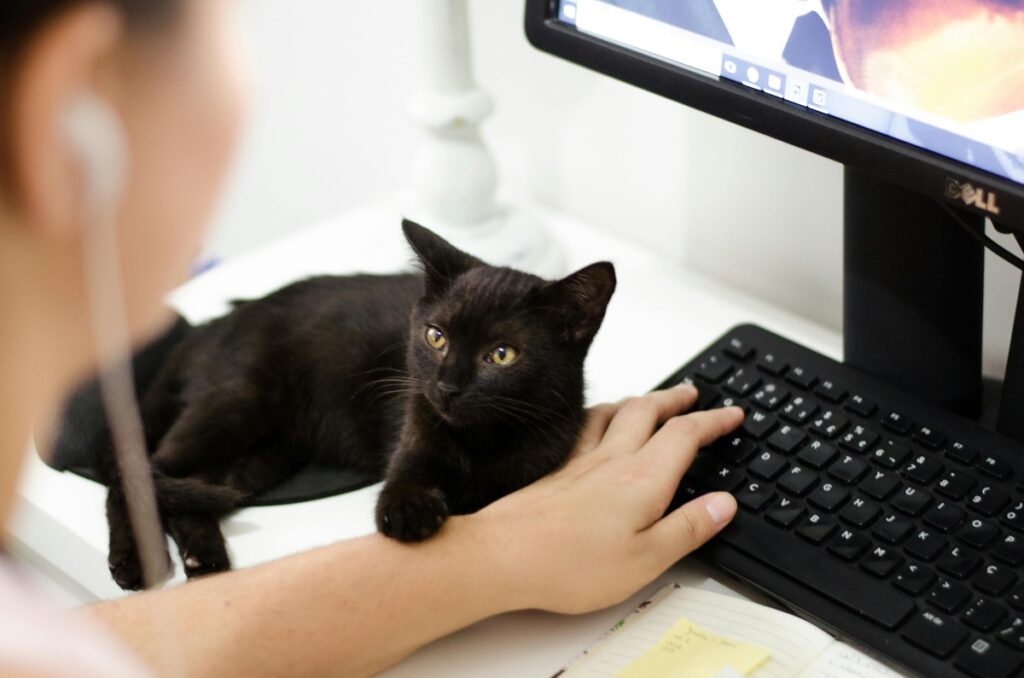
Cats are generally more independent than dogs, but they still need attention, interaction, and care. If you have a very busy lifestyle, such as long work hours, frequent travel, or an unpredictable schedule, it may be difficult to provide the level of care your cat needs. While cats are more self-sufficient than dogs and can entertain themselves while you’re away, they still require food, clean litter boxes, and quality interaction. A lack of attention or stimulation can lead to behavioral issues, such as aggression, boredom, or anxiety. If you’re often away from home, it’s better to reconsider owning a cat or ensure you have someone who can help care for them when you’re gone.
3. People Who Are Not Home Often
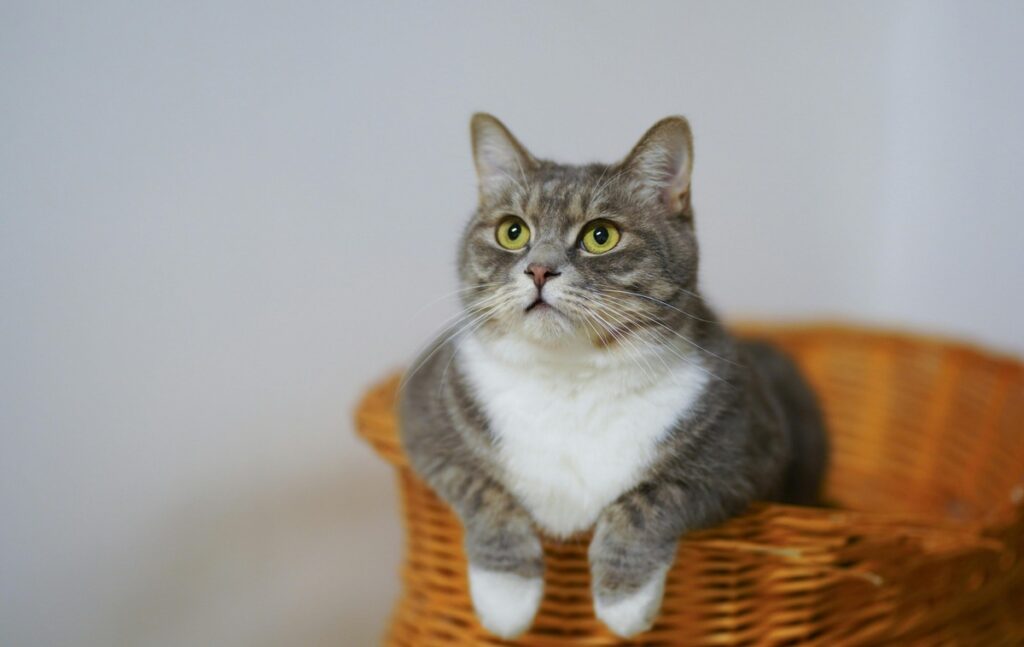
While cats are generally more independent than dogs, they are still social animals that require companionship and care. If you spend a significant amount of time away from home, your cat may become lonely or stressed. This can lead to undesirable behaviors such as excessive meowing, destructive scratching, or elimination outside the litter box. If you’re gone for long hours at a time, it’s important to consider the impact this may have on your cat’s emotional well-being. If you’re often traveling or working long hours, it’s essential to either have someone to check in on your cat or reconsider whether you’re ready to commit to the responsibility of owning a pet.
4. People Who Are Unwilling to Provide Regular Care
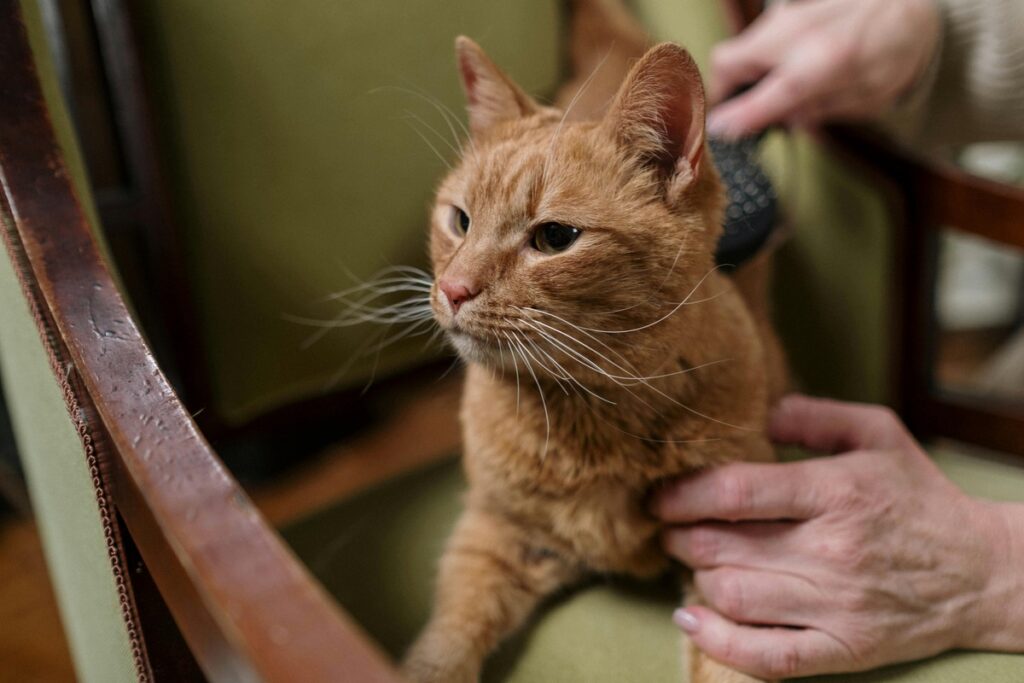
Cats may be more independent than other pets, but they still require regular care. This includes feeding, grooming, cleaning the litter box, and providing mental stimulation. If you’re not willing to regularly clean their litter box, provide fresh food and water, or give them the attention they need, owning a cat may not be a good idea. Cats need routine and consistent care to stay healthy and happy, and neglecting these basic needs can lead to health issues and behavioral problems. If you’re not prepared to take on these responsibilities, a cat may not be the right pet for you.
5. People Who Have a Fear of Cats
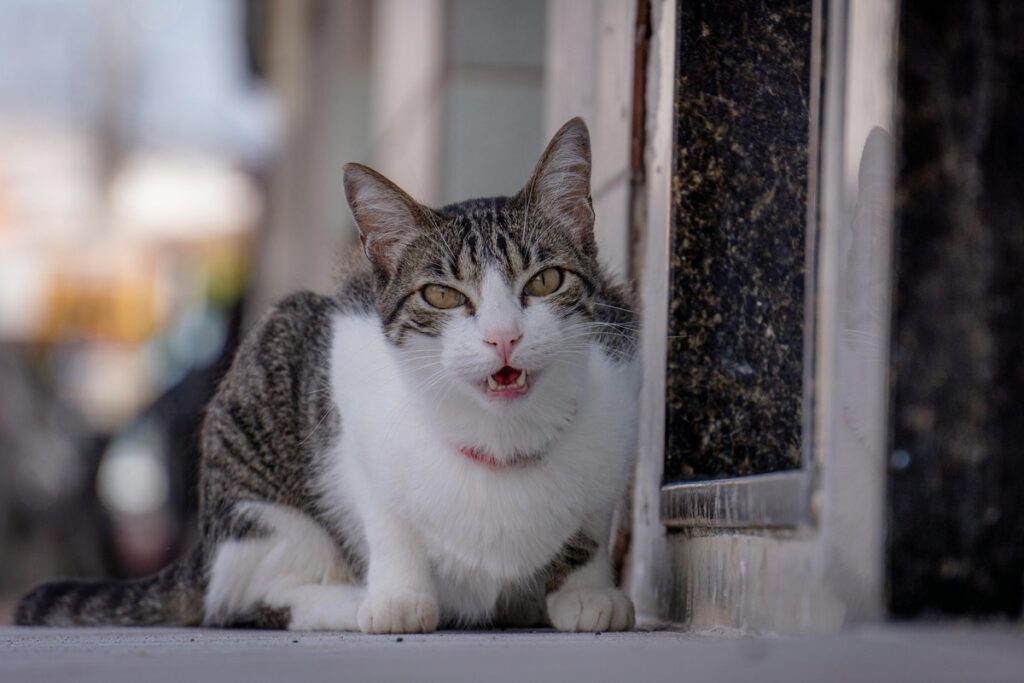
While this might seem like an obvious point, it’s worth mentioning that people who have a fear of cats (also known as ailurophobia) should not own a cat. If you are frightened or uncomfortable around cats, it can be very difficult to provide them with the care and affection they need. Additionally, your cat will sense your unease, which may cause stress for both of you. Having a pet is about building a trusting and positive relationship, and if you are afraid of cats, it may be difficult to establish that connection. It’s essential to feel comfortable with the animal to ensure a harmonious living environment.
6. People with Small Children
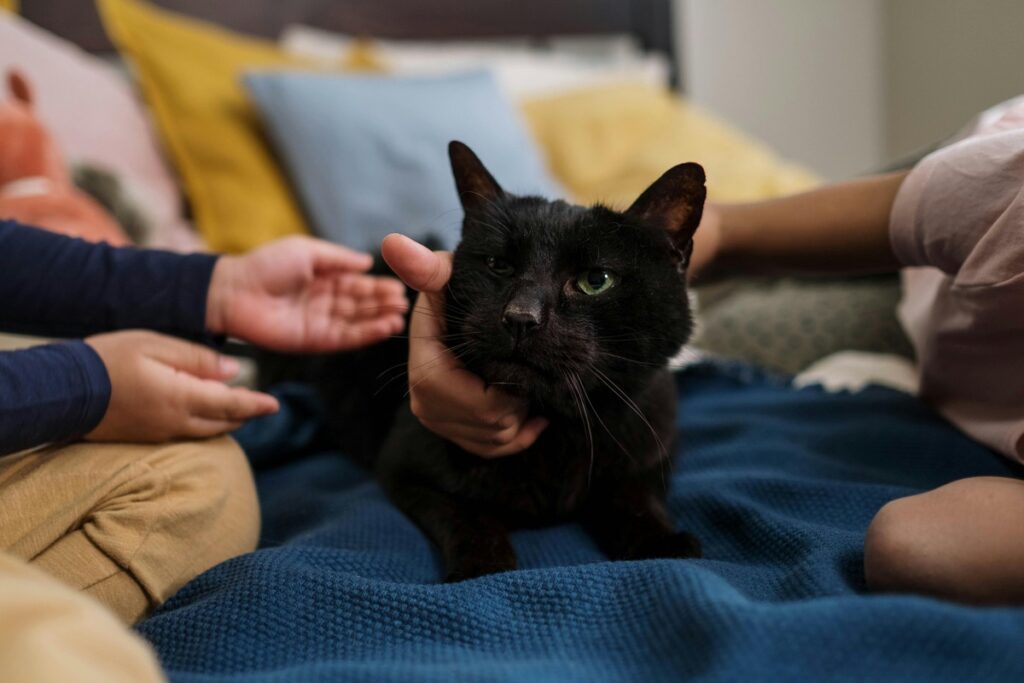
While many cats and children can form strong bonds, certain breeds and individual cats may not be well-suited to living with young children. Some cats are more sensitive or territorial, and may not tolerate the loud noises, unpredictable movements, and rough handling that can come with small children. Even the most patient cat can become agitated or stressed by a child’s behavior. If you have a young child, it’s important to carefully choose a breed known for being gentle and tolerant of children. Additionally, it’s essential to teach your child how to properly interact with a cat, as rough petting or grabbing can lead to injuries or stress for the animal.
7. People Who Have a Clean Home
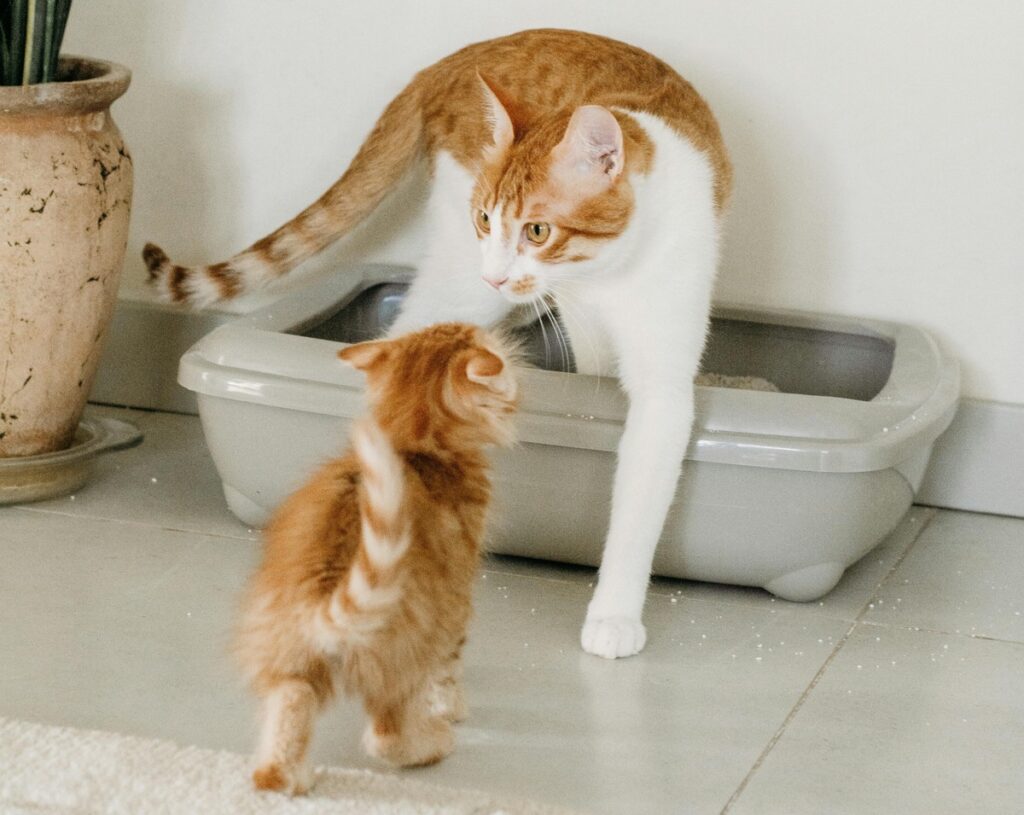
Cats can be messy, especially when it comes to their litter box. If you have a high-maintenance cleaning routine or are very particular about the cleanliness of your home, owning a cat might not be ideal. Litter can be tracked around the house, and cats may sometimes make a mess outside of their litter box, particularly if it’s not cleaned regularly. Additionally, shedding fur is a common part of owning a cat, and while regular grooming can help, it can still lead to fur on furniture, clothing, and floors. If you’re not prepared to clean up after your cat regularly or tolerate the occasional mess, a cat may not be the best fit.
8. People Who Are Not Prepared for the Long-Term Commitment

Cats live an average of 12 to 15 years, with some reaching 20 or more. Owning a cat is a long-term commitment that requires time, attention, and money. People who are in transitional phases of their life, such as moving frequently, going through a divorce, or facing other changes, may not be prepared for the responsibility of a long-term pet. A kitten grows into an adult cat, and as such, it’s important to understand that you’re committing to a companion for the long haul. If you’re not ready to make that commitment, it’s better to wait until your circumstances are more stable.
Conclusion
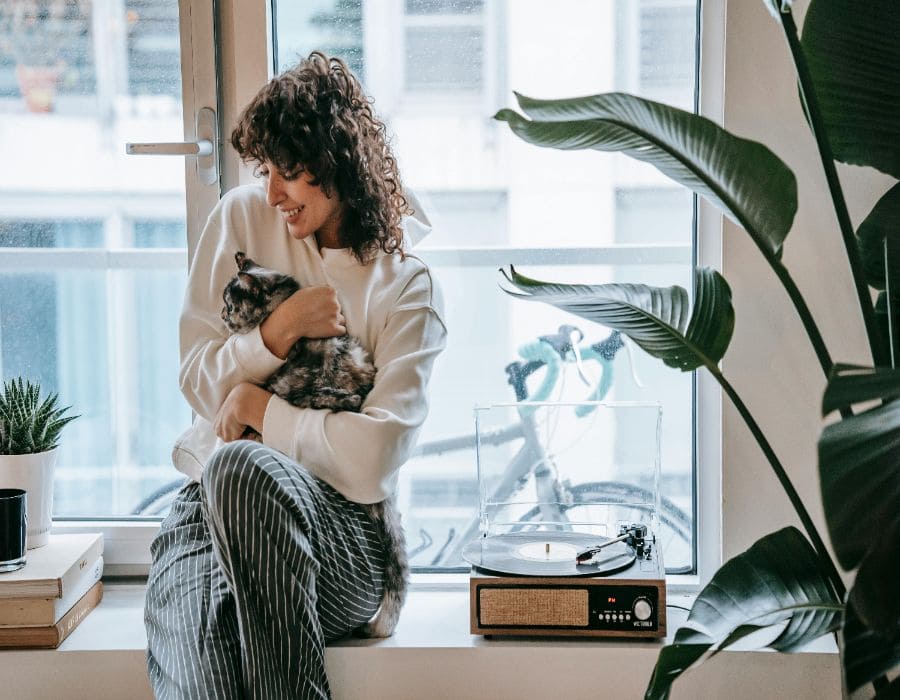
Owning a cat can be a rewarding experience, but it’s not the right fit for everyone. If you’re someone who struggles with allergies, has a busy lifestyle, is unwilling to provide regular care, or is afraid of cats, it may not be the right time to adopt a feline companion. Cats require time, attention, and a suitable environment to thrive, so it’s essential to consider your lifestyle, living situation, and ability to meet a cat’s needs before deciding to adopt. By understanding what it takes to care for a cat, you can ensure that both you and your pet have a long, happy, and healthy life together.




